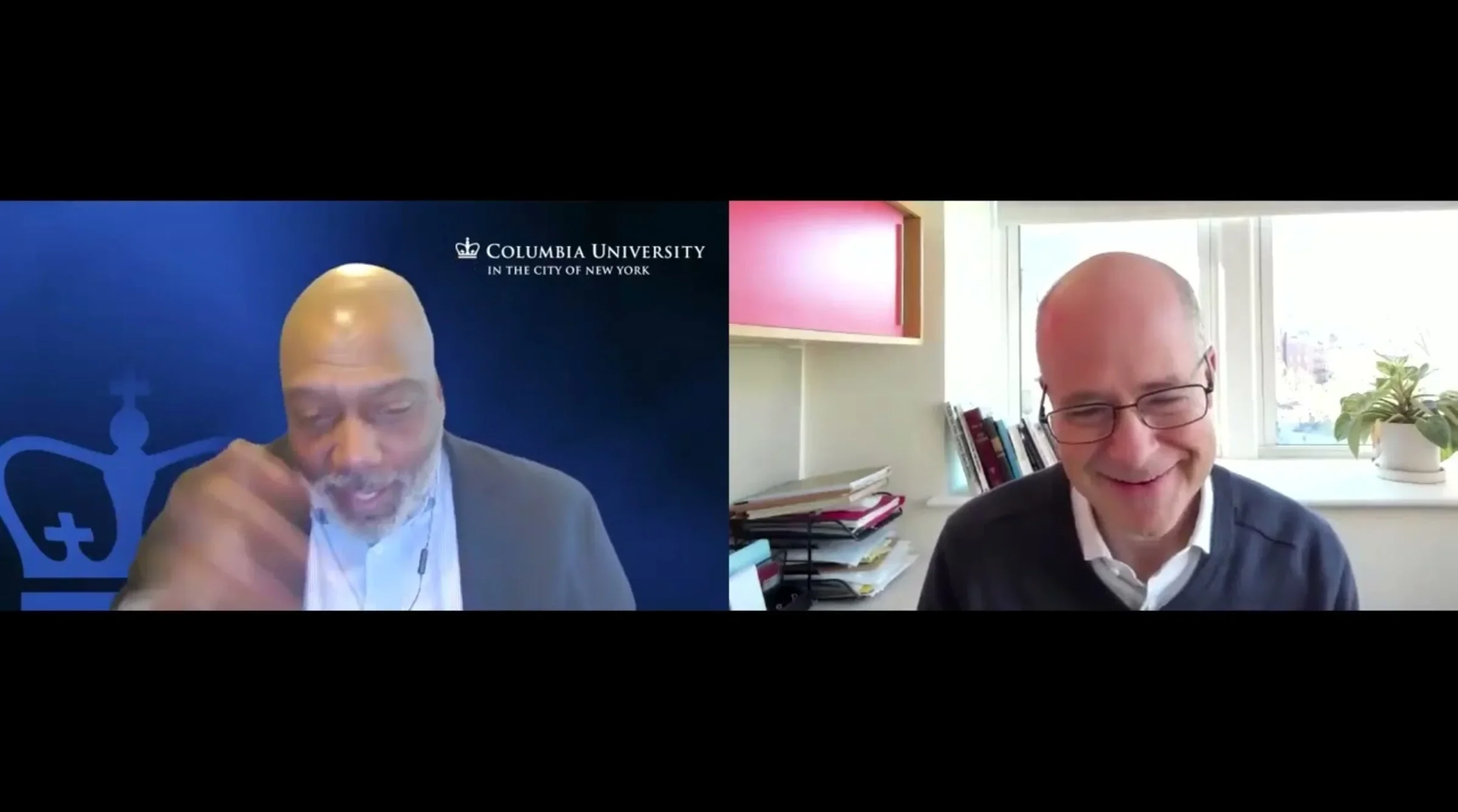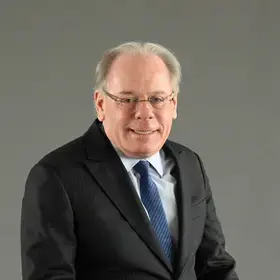Columbia University’s School of Professional Studies (SPS) recently welcomed Rich Baum, current president and CEO of Educational Alliance and former chief of staff to the president of New York University, as a speaker in its monthly Program Director’s Lunch and Learn webinar series.
The series, hosted by Dr. Basil Smikle Jr., professor of practice and director of Columbia’s M.S. Nonprofit Management program, features nonprofit leaders who share career insights with students, faculty, and alumni. The second installment in the webinar series focused on how local nonprofits evolve and adapt to meet the changing needs of their communities.
Education Alliance is one of New York City’s historic settlement houses. The organization was founded in 1889 with a mission to deliver transformative programs that enhance well-being and expand socioeconomic opportunities for New Yorkers. As a proudly Jewish institution, Education Alliance is committed to ensuring everyone in the city has access to the resources they need to thrive.
Originally from upstate New York, Baum emphasizes the importance of rural communities, highlighting the fact that many people do not realize that the majority of New York is rural.
Baum expressed his passion for helping others by providing not only basic necessities but also opportunities for personal and professional growth. He underscored the importance of fostering strong communities and shared how his career experiences have shaped his deep connection to community-building, stressing the role of Education Alliance’s four institutions across New York.
In addition to his work with the Education Alliance, Baum launched his government career as the minority leader of the Democrats in the county legislature. His extensive experience in government and administration has enriched his contributions to the nonprofit sector, making his work more impactful and efficient.
Dr. Smikle shared a story about his time running for the state Democratic party to further showcase the diversity of experiences of nonprofit sector leaders.
“It’s an amazing space to be in because it’s family,” Dr. Smikle said. “There’s such an incredible ethos in terms of being in a rural community.”
Baum briefly addressed the future of nonprofits, highlighting the critical importance of maintaining nonpartisanship, especially during a pivotal year marked by the presidential election. He stressed that as 501(c)(3) organizations, nonprofits are legally obligated to remain neutral in political matters.
For more illuminating discussions with leaders in the nonprofit space, check out the Nonprofit Management program’s upcoming events.
About the Program
Columbia University’s M.S. in Nonprofit Management program prepares graduates for leadership roles within mission-driven organizations in a wide variety of contexts, including global and community nonprofits, foundations, education, health care, and the arts, or as fundraising and development experts.
The fall 2025 application priority deadline for the M.S. in Nonprofit Management program is February 15. The final deadline is June 1. Learn more about the program here.



